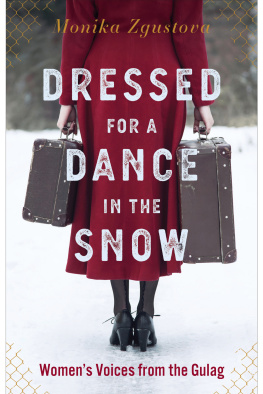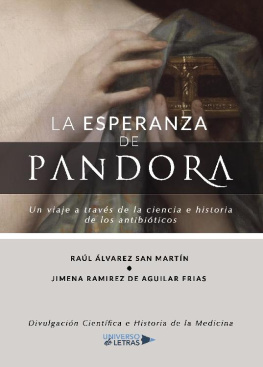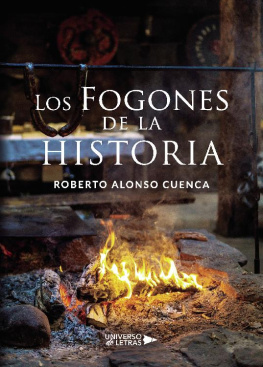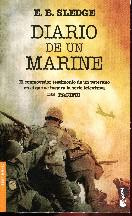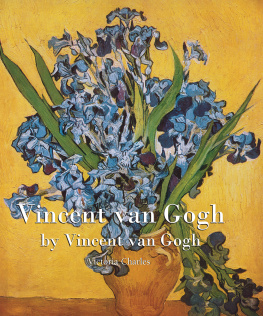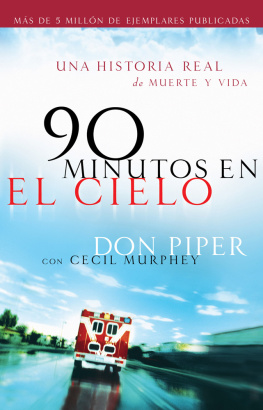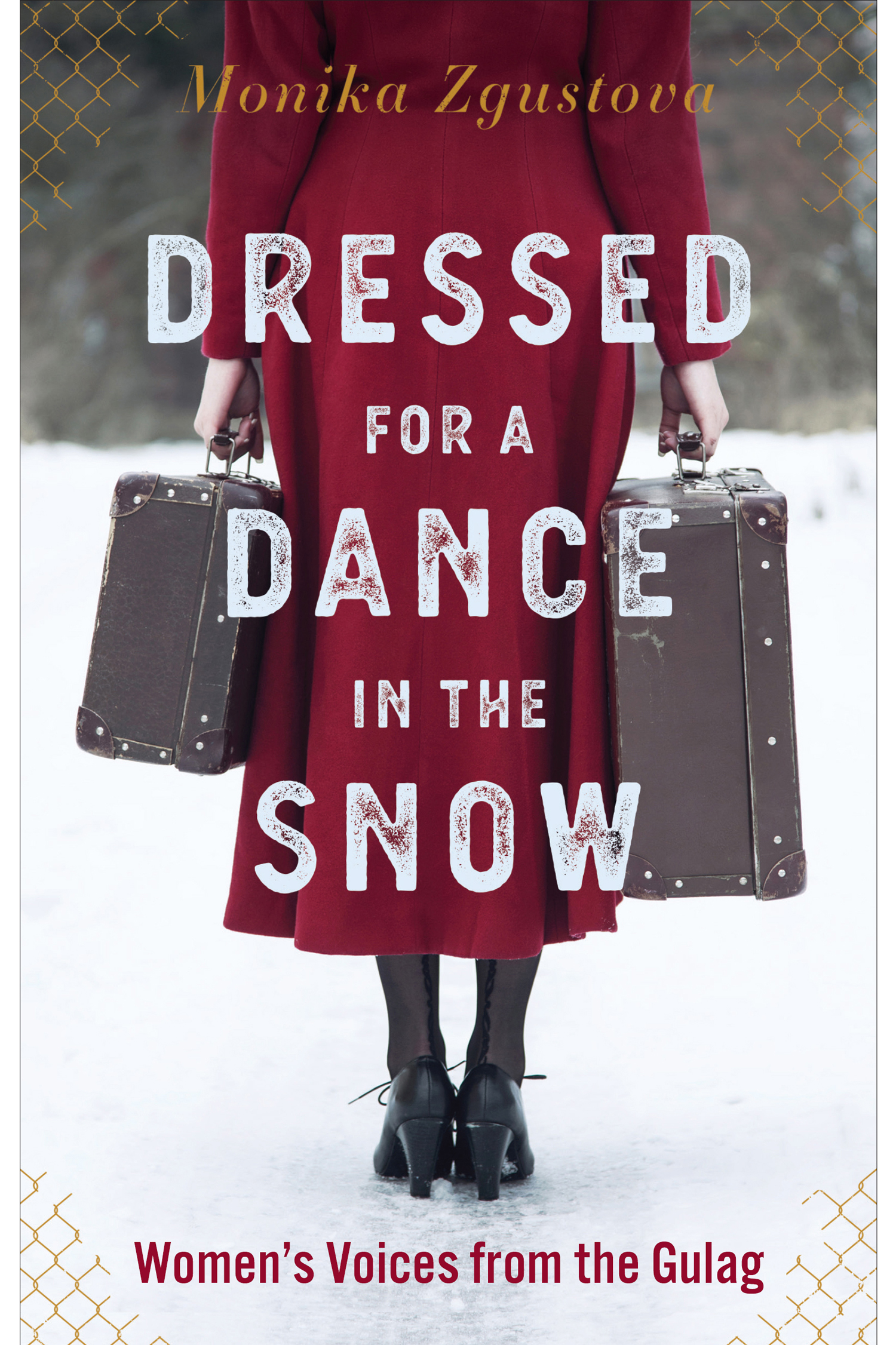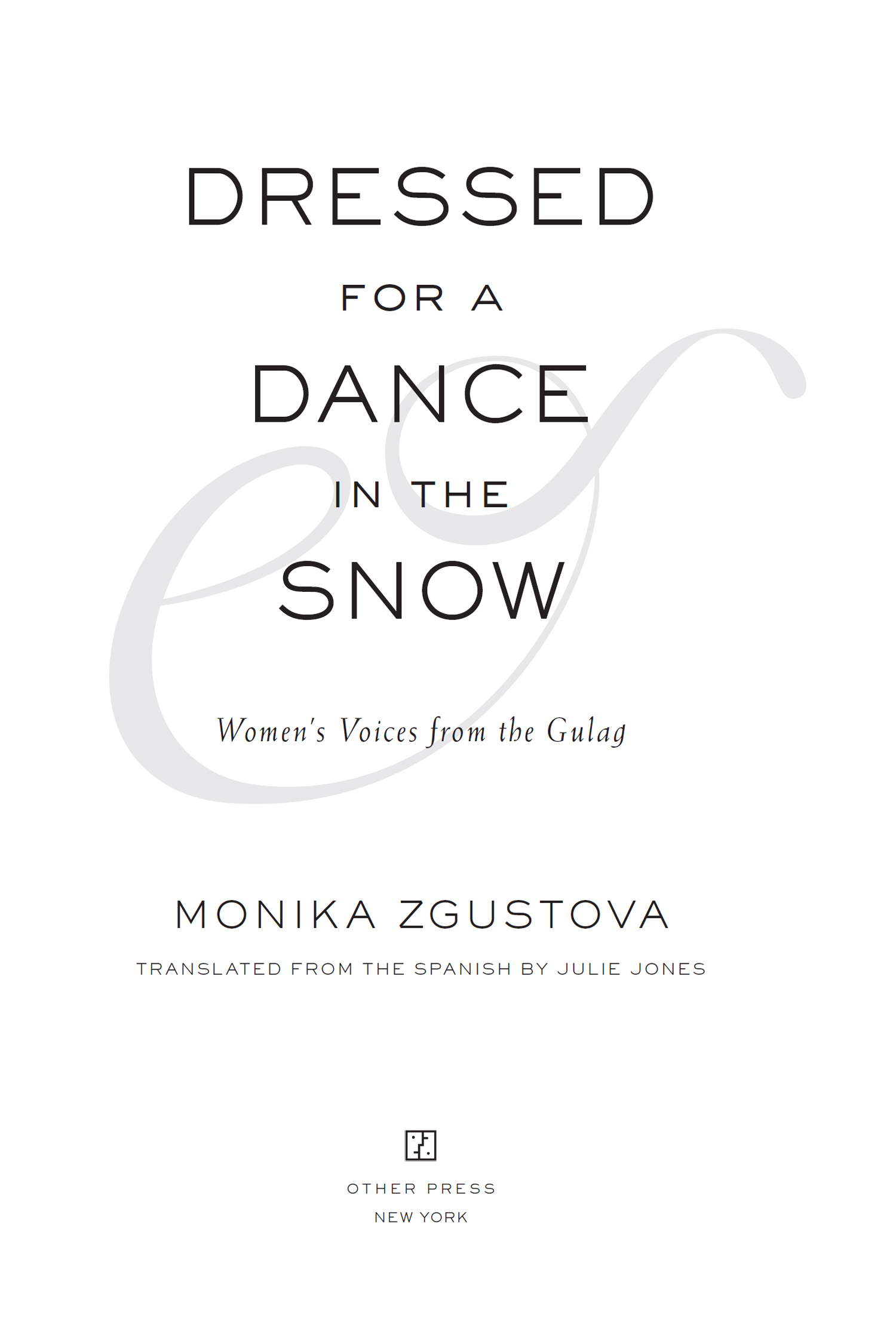Contents
Landmarks
Print Page List
ALSO BY MONIKA ZGUSTOVA
Goyas Glass
Fresh Mint with Lemon
The Silent Woman
Originally published in Spanish as Vestidas para un baile en la nieve in 2017 by Galaxia Gutenberg, Barcelona.
Copyright Monika Zgustova 2017
Translation copyright Other Press 2020
Anna Akhmatova epigraph from Requiem from Complete Poems of Anna Akhmatova, translated by Judith Hemschemeyer, edited and introduced by Roberta Reeder. Copyright 1989, 1992, 1997 by Judith Hemschemeyer.
Reprinted with the permission of The Permissions Company, Inc., on behalf of Zephyr Press, www.zephyrpress.org.
Garden poem on
Natalia lyrics on by Gerald Moore, Roy Apps, and Shusha
Guppy. International copyright secured. All rights reserved. Used by permission. Copyright Asterisk Music, Stroud, England.
Autumn,Dawn,Wind, and Evil Days on , from Doctor Zhivago by Boris Pasternak, translated by Richard Pevear and Larissa Volokhonsky, translation copyright 2010 by Richard Pevear and Larissa Volokhonsky. Used by permission of Pantheon Books, an imprint of the Knopf Doubleday Publishing
Group, a division of Penguin Random House LLC. All rights reserved.
Production editor: Yvonne E. Crdenas
Text designer: Jennifer Daddio / Bookmark Design & Media Inc.
All rights reserved. No part of this publication may be reproduced or transmitted in any form or by any means, electronic or mechanical, including photocopying, recording, or by any information storage and retrieval system, without written permission from Other Press LLC, except in the case of brief quotations in reviews for inclusion in a magazine, newspaper, or broadcast. For information write to Other Press LLC, 267 Fifth Avenue, 6th Floor, New York, NY 10016.
Or visit our Web site: www.otherpress.com
The Library of Congress has cataloged the printed edition as follows:
Names: Zgustov, Monika, author. | Jones, Julie, 1943- translator.
Title: Dressed for a dance in the snow / Monika Zgustova ; translated from the Spanish by Julie Jones.
Other titles: Vestidas para un baile en la nieve. English
Description: New York : Other Press, 2020. | Includes bibliographical references.
Identifiers: LCCN 2019024829 (print) | LCCN 2019024830 (ebook) | ISBN 9781590511770 (hardcover) | ISBN 9781590511848 (ebook)
Subjects: LCSH: Women political prisonersSoviet UnionBiography. | Political persecutionSoviet UnionHistorySources.
Classification: LCC HV9712.5 .Z4813 2020 (print) | LCC HV9712.5 (ebook) | DDC 365/.45092520947dc23
LC record available at https://lccn.loc.gov/2019024829
LC ebook record available at https://lccn.loc.gov/2019024830
Ebook ISBN9781590511848
v5.4
a
FOR OLGA,
my mother, who urged me to write this book, because she, too, was a survivor of the totalitarianisms of the twentieth century.
They led you away at dawn,
I followed you, like a mourner,
In the dark front room the children were crying,
By the icon shelf the candle was dying.
On your lips was the icons chill.
The deathly sweat on your browUnforgettable!
I will be like the wives of the Streltsy,
Howling under the Kremlin towers.
ANNA AKHMATOVA , REQUIEM
CONTENTS
Introduction to the American Edition:
A Trip to Moscow
:
Zayara Vesyolaya
:
Susanna Pechuro
:
Ella Markman
:
Elena Korybut-Daszkiewicz
:
Valentina Iyevleva
:
Natalia Gorbanevskaya
:
Janina Misik
:
Galya Safonova
:
Irina Emelyanova
INTRODUCTION TO THE AMERICAN EDITION
A TRIP TO MOSCOW
When the liberation movement known as the Prague Spring ended in August 1968, suppressed by Soviet tanks, and Czechoslovakia was once again under the aegis of the Soviet Union, Soviet authorities began to persecute my father, an eminent linguist, for having participated in the protests in his native Prague. It was then that my parents started to think about fleeing and settling in the US. It wasnt an easy task, because under communism it was illegal to leave the country. After a long period of deliberation in the mid-1970s, my parents went with their two teenage childrenmy brother and meon a trip to India organized by the Czech state travel agency edok. Sixty people undertook the journey and only four of them returned to Prague. Our family was among those who absconded.
As a college student in America, my main fields of interest were Russian language, literature, and culture as well as Eastern European cultural history. I read most of the nineteenth-century Russian classics, but didnt stop thereI also researched the dissident movements in the USSR and its satellite countries. After that I taught Russian in several American universities and always encouraged discussion among my students about Russian cultural and historical issues. Later on I moved to Barcelona, where I started translating Russian and Czech literature into Spanish and Catalan. The dissidents as well as the internal and external migr writers were at the top of my list: Marina Tsvetaeva, Anna Akhmatova, Vclav Havel, Milan Kundera, Bohumil Hrabal, Josef kvoreckI feverishly translated them all. And ever since I started to write my own fiction, my novels have always dealt, one way or another, with the subject of women under totalitarianism.
In September 2008, I traveled to Moscow. Once I was there, a writer friend, Vitaly Shentalinsky, who was familiar with my interests, invited me to accompany him to a meeting of former prisoners of the Gulag. I had never met anyone who had been kept in the Gulag, but I knew that Stalins reign is referred to as the other Holocaust because many more people perished during the twenty-four years of his terrifying reign (19291953) than died under Nazi rule (although they died over a longer period of time); most historians estimate that 30 million people were killed by Stalins regime. I said yes.
I had imagined the ex-prisoners as lifeless shadows, but the people who showed up, most of them old and poor, were often lively. I was surprised to see many womenmost of them Jewsat that literary and political gathering. While I listened to them reciting their poems and reading their stories and essays, I began to wonder how they had endured the cruel conditions of the Gulag. I decided then and there that I wouldnt leave the Russian capital without interviewing some of those survivors.
At the gathering, they introduced me to Semyon Vilensky, another ex-prisoner and, like so many others, a Jew. He kept an archive of texts in prose and verse that people had composed in the Gulag. The next day I visited him at his apartment on the outskirts of the city. The prisoners could write almost nothing down, Vilensky explained, because they were only allowed to write a few letters to their families every year. They usually didnt have paper or a pencil, so they had to create the poems in their minds and then memorize them. I know a few who had memorized tens of thousands of verses. They didnt forget them, and when they got out of the Gulag, they transcribed them.
It was then that I started to see the magical power of beautythe beauty of poetry but also, as I later learned, of the natural worldfor a person who has been downtrodden, and I longed to discover more about the people who had had to spend years or even decades in the forced labor camps. I decided Id interview only women, because they were less documented than the male prisoners. Semyon Vilensky gave me a few names and telephone numbers. These are all passionate readers, and they are fond of art and music, he told me. In their houses you will find excellent libraries and works of art. Most of the people who survived had a certain level of culture. To put it another way: culture helped them survive.

